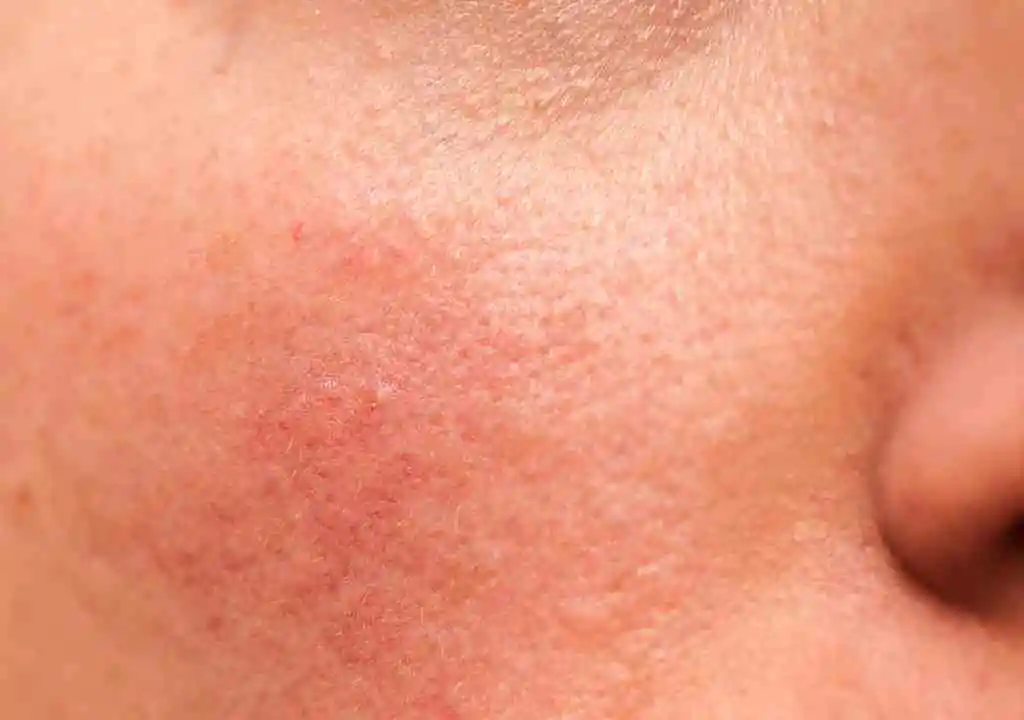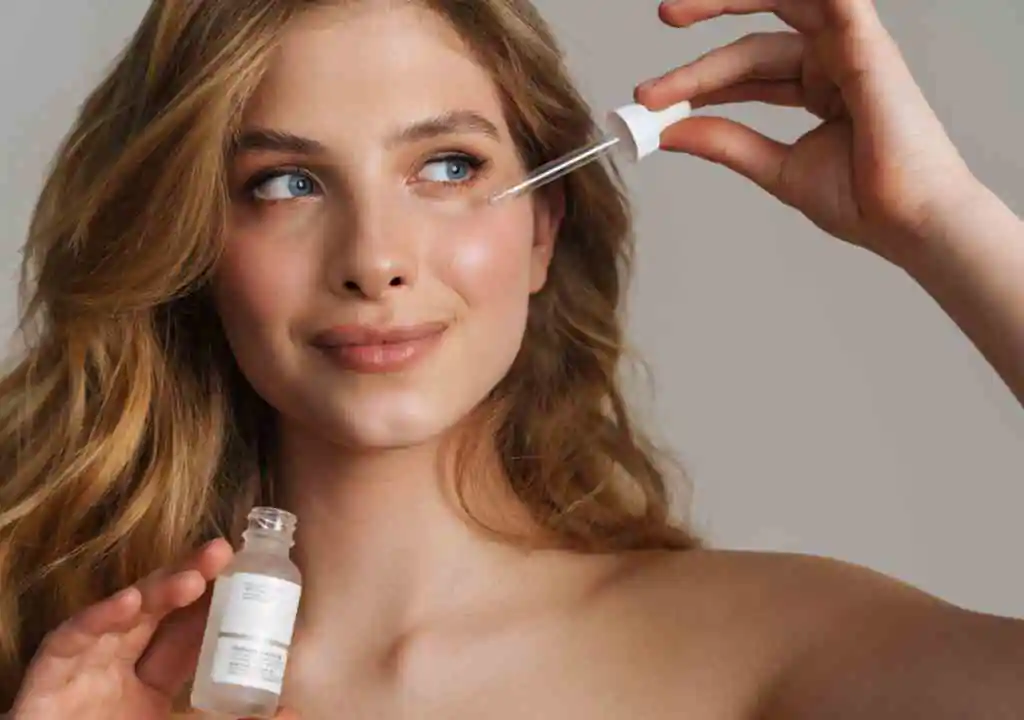Welcome, skincare enthusiasts! In this article, we’re diving deeper into the subtle but captivating partnerships between your skin and its itty-bitty friends that you cannot see without a microscope. Have you ever been curious about how does microbiome impact skin health? Prepare to peel the enigmatic skin microbiome, a fascinating environment where microorganisms contribute, in a way that is out of proportion, to the health and youthfulness of the skin. The next couple of paragraphs will share with you an enlightening journey towards healthy, vigorous skin. You are welcome.
Get to know your skin’s smallest occupants
Table of Contents
Let us imagine your skin as a lovely metropolis, of millions of microscopic inhabitants moving across itself. I mean bacteria, fungi, viruses—everyone of them! And they’re all colonizing every space of your skin. Just as any prosperous city the population and the diversity of these microorganisms differ from one neighborhood (or body part) to another, which is influenced by factors like your genes, surroundings and lifestyle.

How Does Microbiome Impact Skin Health
Now, let’s get to the heart of the matter: what’s the deal with these minuscule critters, and how do they affect your skin? Turns out, they’re not just hitchhikers; they’re crucial players in maintaining your skin’s well-being.
They’re the unsung heroes behind that slightly acidic pH, creating an environment that’s cozy for good bacteria but hostile for troublemakers.
Shielding Your Skin Fortress:
First things first, these microbial superheroes work overtime to fortify your skin barrier—the ultimate line of defense against pesky invaders like bacteria, UV rays, and pollution. Some friendly bacteria even churn out antimicrobial peptides, acting like tiny bouncers to keep harmful germs at bay.
Playing Immunologist:
Believe it or not, your skin microbiome moonlights as an immune system whisperer. Studies reveal that a harmonious microbiome can dial down inflammation, reducing the risk of irritating skin conditions like eczema and psoriasis. Think of them as your skin’s personal peacekeepers, maintaining order amidst potential chaos.
Balancing Act:
Ever heard of the skin’s pH balance? It’s a big deal for maintaining healthy skin, and guess who helps keep it in check? Yep, your trusty microbiome squad. They’re the unsung heroes behind that slightly acidic pH, creating an environment that’s cozy for good bacteria but hostile for troublemakers.
Cooking Up Skin Delights:
Here’s a fun fact: some of these microbes are like little skincare chefs, whipping up ingredients that do wonders for your skin. From moisturizing fatty acids to antioxidant-rich goodies, they’ve got your skin covered, literally.
When Things Go South
But the question actually is what happens if the balance gets broken. Let’s keep the music going, it’s just another piece of information in the puzzle of dysbiosis—a.k.a. microbiome chaos—can completely ruin your skin.
Dysbiosis: Microbiome Chaos
Dysbiosis is like a sieve which breaks the fortress – the protective barrier – and turns it into the leaky one. This damaged barrier permits moisture to evaporate and penetration of irritants which then in turns leads to dryness, flakiness, and excessive sensitivity.
Dysbiosis is a condition of imbalance of the skin’s microbial community. It is like having too many sharp and out-of-tune notes in your symphony, and your melody is, therefore, off the key and a total chaos. The integrated steady-state of your skin that sustains it healthy and elastic now breaks into disorder.
The Wreaking Havoc:

Once dysbiosis is established, it is like opening the Pandora’s box for your skin. Here’s how it wreaks havoc:
Gatecrashers Alert:
Those bacteria are considered “bad”; they are the dominant ones. Having the upper hand, these troublemakers turn your skin into a place for infections and inflammatory conditions to thrive.
Barrier Breakdown:
Dysbiosis undermines the integrity of the skin barricades leaving them unable to act as tight seals. This compromised obstacle permits water escape and nitrates/irritants entrance, which result in chapping, flaking, and discomfort.
Flare-Up Frenzy:
For those who are already dealing with skin problems like eczema and psoriasis, dysbiosis is like pouring fuel on a fire. The unbalance in the microflora triggers a cascade of inflammatory process and immune response that worsens existing symptoms and lead to endless flareups. It is a stunning cycle that can result in skin inflammation, itching, and feel terribly agitating.
Addressing the Chaos
So, how do you restore order when dysbiosis throws your skin off-kilter? It requires a multi-pronged approach:
Rebalancing the Microbiome:
Start with measures to restore the balance of the microorganisms in your skin. The process can be accomplished by using microbiome-friendly skincare products, integrating probiotics and prebiotics in your routine and staying away from factors that can destruct the microbiome.
Repairing the Barrier:
Concentrate on reinforcing your skin’s defense mechanism to prevent water loss and serve as a guardian against the outer world irritants. Seek moisturizers and treatments that are rich in hydrating ingredients such as ceramides, hyaluronic acid, and fatty acids to strengthen the skin barrier and to repair its integrity.
Managing Inflammation:
Tackle inflammation squarely by incorporating a few proven approaches to handle the irritation and tranquilize the flare-ups. To summarize, this might involve using anti-inflammatory skincare ingredients as well as stress-relief techniques and consulting a doctor for chronic skin conditions.
Keeping Your Microbiome Merry

Keeping your skin microbiome healthy and balanced is crucial to keeping your complexion glowing. Here’s a detailed guide on how to nurture your microbiome and recommend some products to help you along the way:
1. Handle with Care:
Get rid of those harsh cleansers that disturb your skin’s natural balance and choose gentle, pH-balanced alternatives instead. These cleansers will make your skin thoroughly clean, but will also retain the natural oils leaving your skin feeling radiant and conditioned.
Recommended Product: Cleanser: Cetaphil Gentle Skin Cleanser.
This soap-free cleanser is safe for daily use and is formulated with a pH-balanced formula that cleanses without drying or irritating the skin. It does a great job removing dirt, oil, and makeup and at the same time the skin’s natural moisture is kept intact.
2. Hydration Station:
Your skin stays hydrated if you use moisturizers rich in ceramides and hyaluronic acid. These ingredients help to restore the lost moisture, to strengthen the skin barrier, and to retain the hydration, thus your skin becomes soft, supple, and radiant.
Recommended Product: Moisturizer: CeraVe Daily Moisturizing Lotion.
This light yet non-comedogenic moisturizer contains ceramides and hyaluronic acid that deeply hydrate the skin for a long time and restore the skin’s natural protective barrier. It is suitable for all skin types, including sensitive skin, and helps to improve the skin’s texture and appearance over time.
3. Microbe Magic:
Opt for skin care products that ensure the wellbeing of microbiome by including prebiotics, probiotics, and postbiotics. These elements feed and balance the skin’s microorganism ecosystem, thus creating a healthy and hardy skin look.
Recommended Product: Serum: La Roche-Posay Toleriane Double Repair Face Moisturizer
This serum contains thermal water, ceramides and niacinamide which help in recharging the natural microflora of skin and strengthening the barrier function of the skin. It calms, moisturizes and shields the skin from the effects of harsh environment, which is good for skin sensitivity and reaction.
4. Antibiotics in Moderation:
While antibiotics can be effective in treating certain skin conditions, overuse can disrupt the delicate balance of your skin microbiome. Opt for targeted treatments whenever possible and use antibiotics sparingly to preserve your skin’s microbial diversity.
Recommended Product: Spot Treatment: Paula’s Choice Skin Perfecting 2% BHA Liquid Exfoliant
This leave-on exfoliant contains salicylic acid (BHA) to unclog pores, reduce blemishes, and smooth the skin’s texture without disrupting its natural balance. It’s suitable for all skin types and can be used as a targeted treatment for acne-prone areas.
5. Healthy Habits, Happy Skin:
In addition to skincare products, maintaining a healthy lifestyle is crucial for supporting your skin microbiome. Eat a balanced diet rich in fruits, vegetables, and probiotic-rich foods, manage stress levels, prioritize quality sleep, and protect your skin from excessive sun exposure.
In Closing…
And there you have it, folks! with this article you got to have all information about how does microbiome impact skin health: your skin’s silent guardian, your microbial MVP. Treat it right, and you’ll be rewarded with a complexion that shines brighter than a supernova. So go ahead, show your skin some love, nurture that microbiome, and bask in the glow of a healthy, happy face. Cheers to radiant skin and microscopic adventures!



